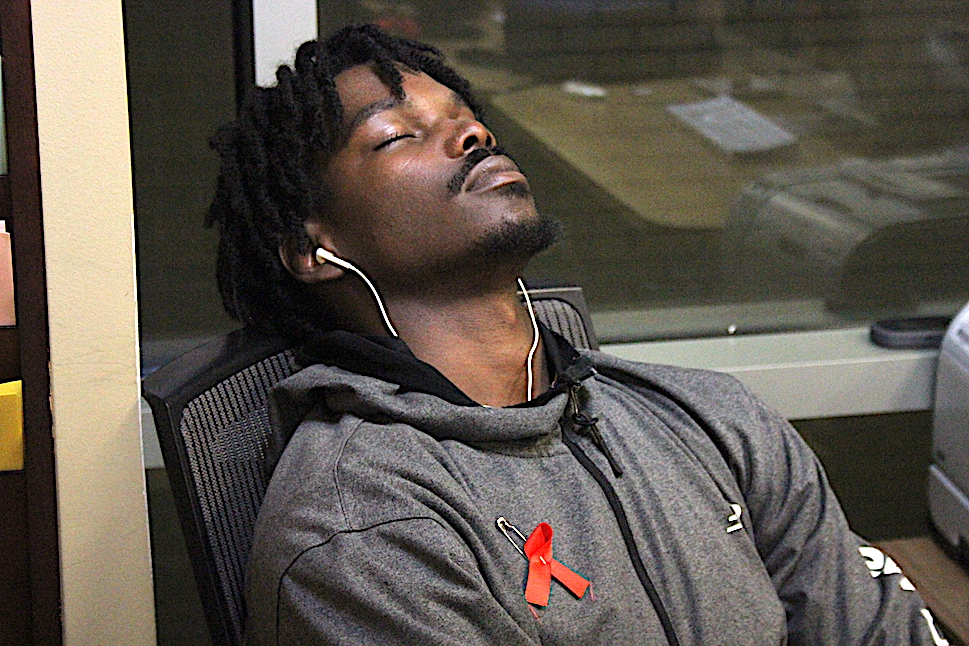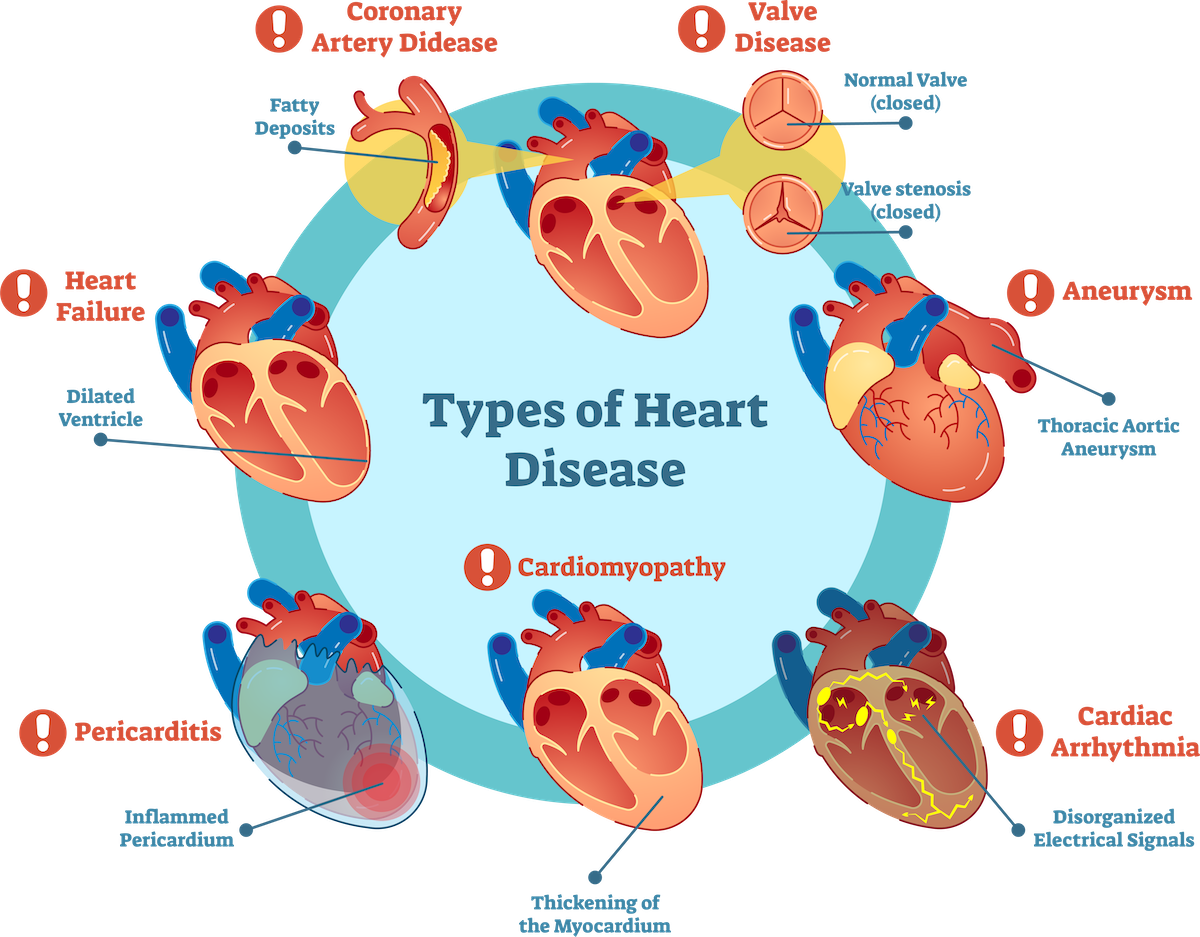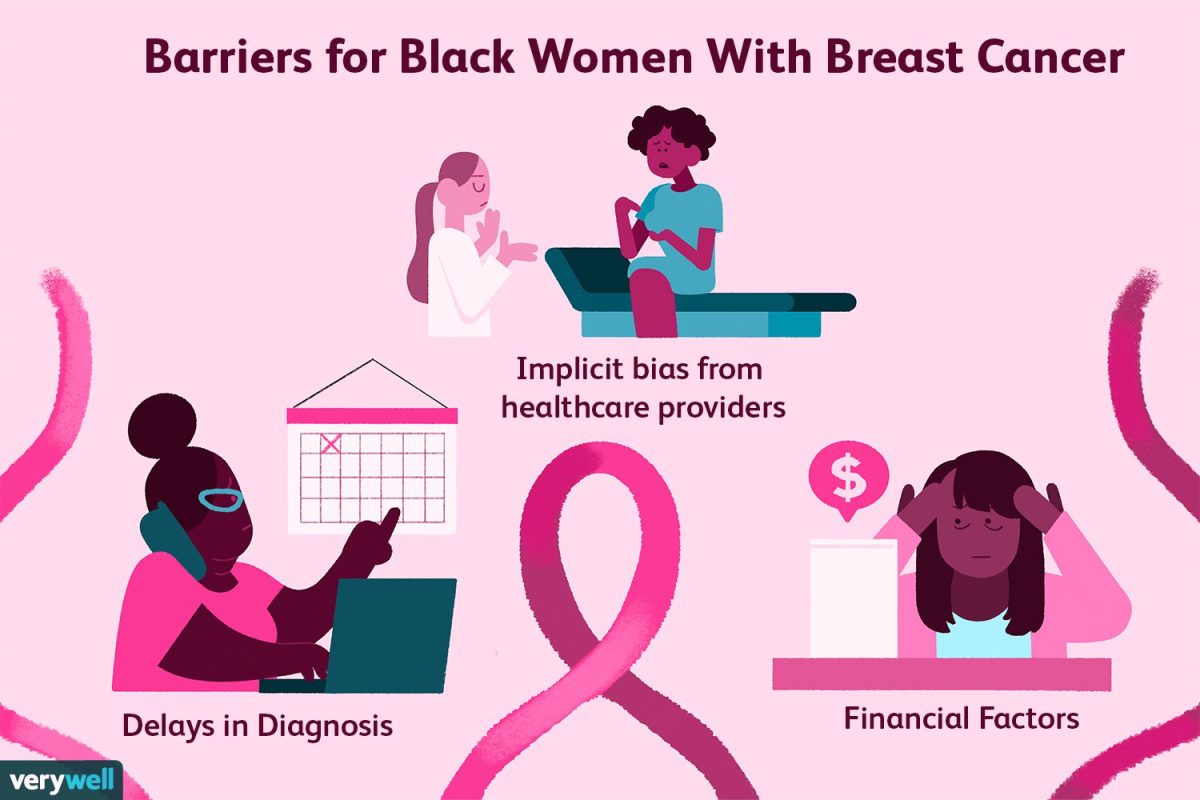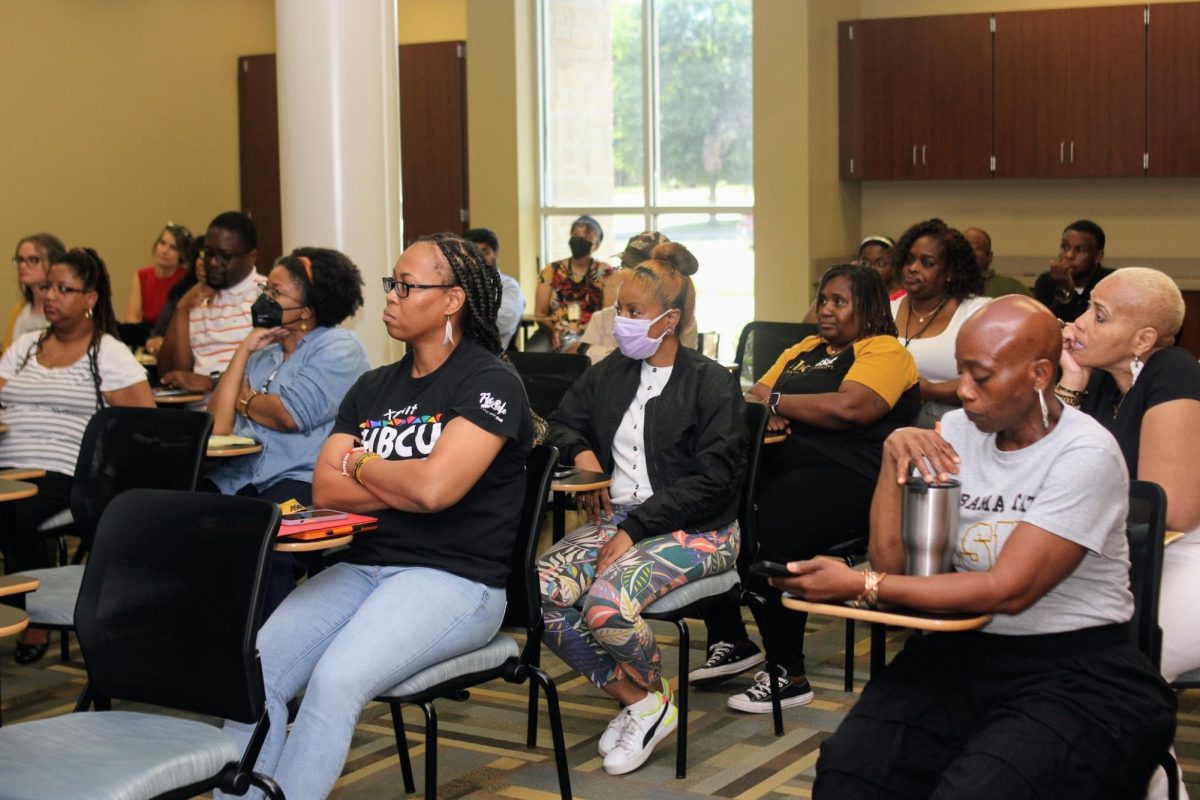One area that college students tend to neglect is their sleep schedule.
Too many students have poor sleeping habits, whether that be sleeping too much or not sleeping at all. Students tend to structure their sleeping habits around their classes and activities, often forgetting ample study time.
Sleep is best conducted at night. However, many students use the night to do other things such as attend parties and other forms of recreation.
“I don’t sleep until midnight because from about 10 p.m., I use the time to watch movies,” said Abigiya Mesfin, a sophomore computer science major.
Poor sleeping habits can lead to poor memory, concentration, low motivation, poor reaction time, moodiness, and aggressiveness. Walking around saturated with such emotions and side effects is dangerous to an individual and the people around them. Students need to concentrate in their classes, however, some side effects of poor sleeping habits are poor reaction time which can have an even worse ripple effect.
According to the Sleep Foundation, “Drivers who get six hours of sleep or less are 33% more likely to have an accident on the road, compared to those who get seven or eight hours of sleep. Driving while sleep deprived has the same or worse impact as driving with a blood alcohol concentration (BAC) of 0.05%.”
In addition, higher levels of stress, depression, and aggression correlate with a lack of sleep. This can leads to difficulties in communicating, increased levels of anxiety, and withdrawal, in general. These results foster antisocial tendencies and could lead to individuals hurting themselves as well as others.
“Historically, it was thought that anxiety limited criminal activity, but recent evidence suggests that heightened responsiveness to threats may lead to persistent violent behavior,” as expressed by the National Institute of Health.
Therefore, to prevent this kind of unhealthy alienation, sleeping is important.
Depending upon your sleep schedule, sleep could be a college student’s worst enemy. Whether or not you believe it, in order to maximize efficiency, the brain needs a minimum of seven hours of rest. These statistics apply to young adults, in general. However, as hormones change, your sleep can dramatically change as well. This is true to men, but especially true to women. For many women, there is a connection between poor sleep and hormones.
The lifetime risk of insomnia is 40% higher for women than it is for men, and hormones— as well as stress— are the main reasons why. Furthermore, hormonal changes could also lead to more sleep especially during menstruation. This is normal due to the decrease in estrogen levels, which occurs around this point in the menstrual cycle. Energy levels will usually return to normal within a few days as hormone levels begin to increase again.
To ensure peak performance, periods of rest should be uninterrupted and well engineered. This would involve taking into consideration lighting, sleep routines, electronic devices, room temperature, and etc. Try to ameliorate the night for its hours. The human brain has its own internal clocks. As much as most people have altered their internal clocks according to their busy schedules, the default setting requires humans to be asleep at night.
Essentially, sleeping at night, or at the very least in a dark room, is necessary for quality sleep. Moreover, sleeping at the right temperature is also important. Ensure that your sleeping space is cool enough. This could be between 60 to 68 degrees fahrenheit. Disconnecting from electronic devices at least 30 minutes before bedtime is another factor that should be taken into consideration. Prioritize getting enough sleep to stay happy, healthy, and sharp.
Categories:
Poor sleeping habits can be a college student’s worst enemy
Mwamba Mukuku, Staff Reporter/Writer
September 17, 2023
Story continues below advertisement
0
More to Discover




















